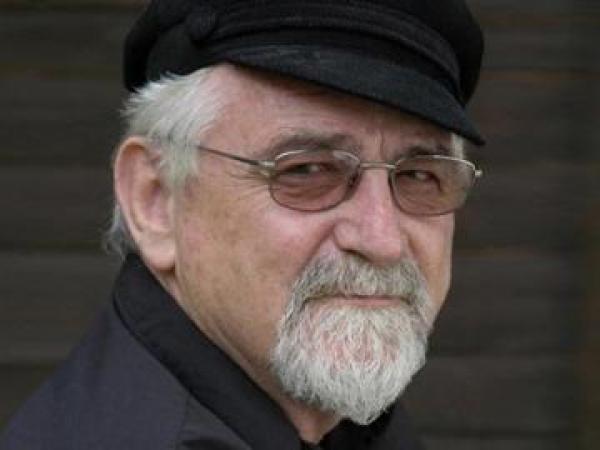The silver lining to those dark clouds of global turmoil

As another year draws to a close, the advice usually attributed to the Italian revolutionary, Antonio Gramsci constantly comes to mind: exercise pessimism of the intellect, but optimism of the will. I must admit that it has become a great deal easier over recent months to exercise pessimism of the intellect — and increasingly difficult to exercise optimism of the will to do something about changing things, domestically or globally.
If we take a cold, hard look at our situation and the global context, it is very difficult to retain much optimism. Household debt, just about everywhere, is at dangerous levels. As a result, all the tills in all the towns of South Africa and in many other regions may not be ringing out very loudly this festive season. And that, in its turn, will have repercussions on the economy and on jobs.
Globally, the situation remains fraught. For us, in South Africa, the past year has been perhaps the most worrying since the 1994 transition. Amid the economic traumas, load shedding and tales of corruption, we have observed the rise of cold war imperialism and of lethal religious fundamentalism.
At the same time, our traditional bulwark of democracy, the labour movement, is in turmoil, much of it seemingly bent on a course of at least fragmentation if not self destruction. This at a time when that crucial public service, the Post Office appears to be in a state of terminal collapse and a combination of Eskom bungling and government parsimony promises us months, if not years, of load shedding darkness.
Then, of course, there are the numerous revelations of corruption at various levels, both at home and abroad. That self-styled home of democracy, the United States has also been shown to have cynically embarked on a policy of kidnapping and torture in which our own government was apparently implicated. These are dark clouds indeed, hovering over our hard-won democracy.
Yet there is a silver lining to these clouds because we now know at least some of the detail of what transpired: the media remains relatively free. However, threats are looming, not least of which is the long held-over Protection of State Information Act — the “secrecy Bill” — that awaits only the president’s signature.
But perhaps President Jacob Zuma will not need to bring into force this law in order to ensure the need for “patriotic reporting”. Already, as several unions have been quick to point out, the supposed pubic broadcaster, the SABC, is already largely the voice of the ANC and government. And then there is the New Age newspaper, sustained to a large degree by parastatal funding, and the ANN7 television channel, both owned by the Gupta family that share business interests with members of the Zuma family.
The latest move on the media front, following the purchase of the Independent newspaper group by that controversial and politically connected self publicist, Iqbal Surve, is his proposed partnership with China’s state propaganda television channel CCTV. The oxygen of democracy — media freedom — is clearly threatened.
However, at the same time, there is growing evidence that the working and non-working majority of the world’s population is starting, largely through forms of union organisation, to exert its collective will to resist a system of continuing oppression and exploitation. In South Africa as well, there seems to be a growing sense of living in a system well beyond its sell-by date.
There is little clarity as yet. And many muddled gropings towards a pathway to a better future. But connections are being made and debates opened up, down to a shopfloor level with groups such as Union Solidarity International (USi).
It is the strengthening of this will, combined with a clarity of purpose that may well push to clouds of doom and gloom beyond the horizon forever.
So here’s to a more hopeful year ahead and to a better future.
The opinions expressed in this article are solely those of the author(s). No inference should be made on whether these reflect the editorial position of GroundUp.
Support independent journalism
Donate using Payfast


This article is licensed under a Creative Commons Attribution-NoDerivatives 4.0 International License.
